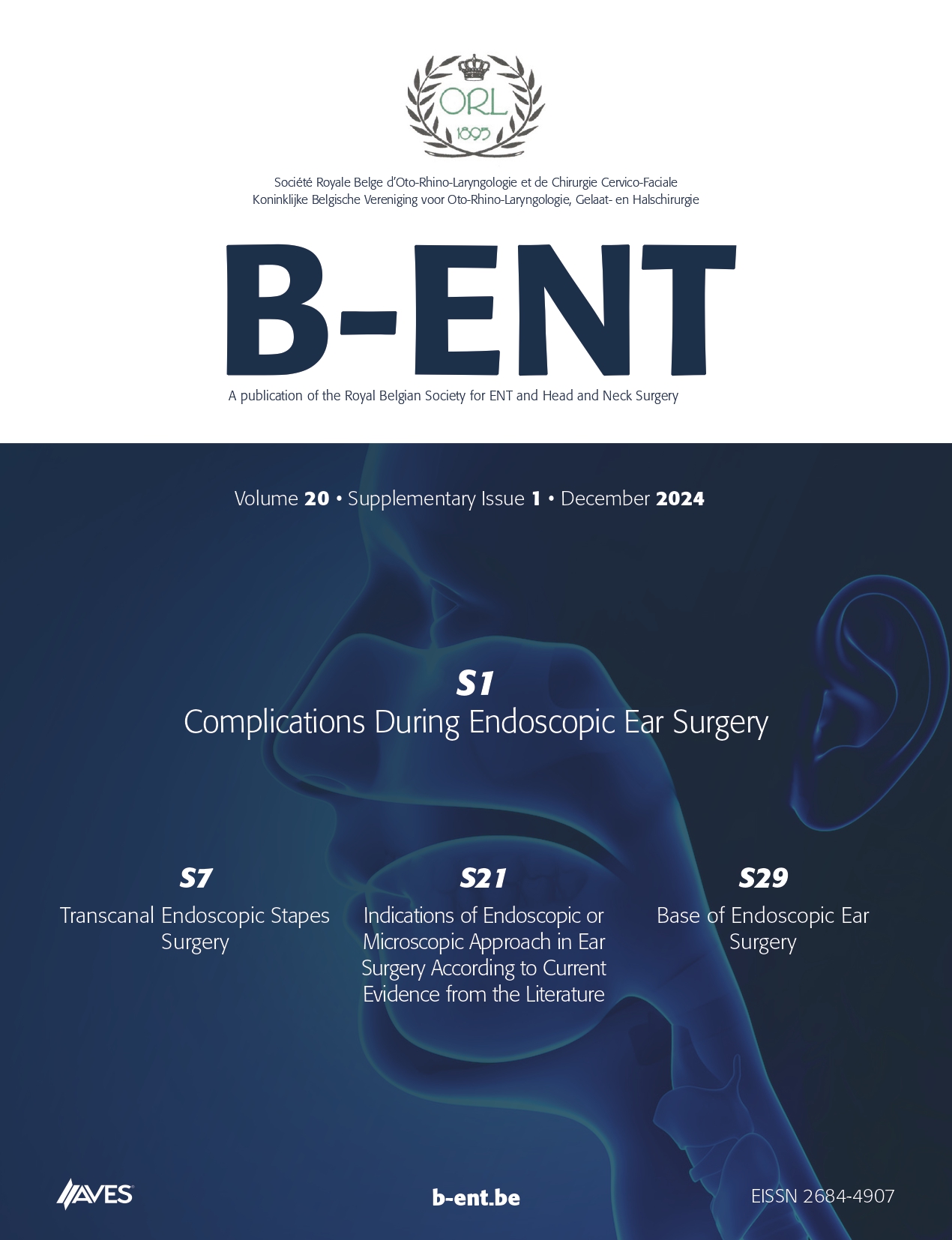Newborn hearing screening and cochlear implantation: impact on spoken language development. Objectives: This study retrospectively evaluates the effect of newborn hearing screening on age at diagnosis, age at cochlear implantation and spoken language development in severely hearing-impaired children.
Methods: Age at diagnosis, age at cochlear implantation and language development were evaluated in a group of early screened (n = 149) and a group of late screened (n = 139) severely hearing-impaired children. Language outcomes were quantified as language quotients (LQs) on the Reynell Developmental Language Scales and Schlichting Expressive Language Test at 1, 2, and 3 years after cochlear implantation.
Results: Early screened children were significantly younger than late screened children at the time of hearing loss diagnosis and cochlear implantation. Furthermore, early screening was associated with better receptive and expressive spoken language skills after cochlear implantation.
Conclusion: The results of this retrospective study indicate that the newborn hearing screening program in Flanders and the Netherlands resulted in earlier intervention in deaf children, which beneficially influenced spoken language development.



.png)
